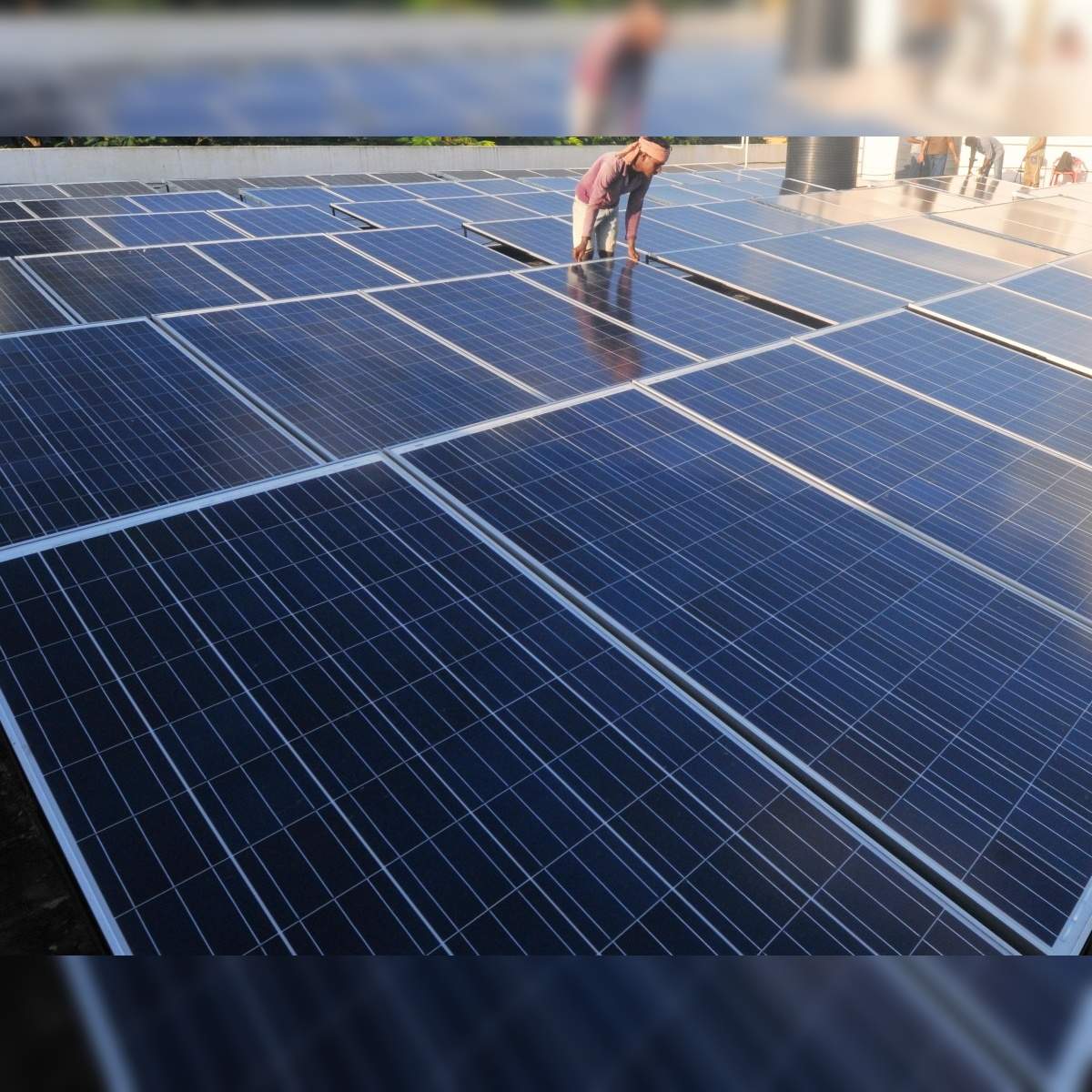
Solar Power Installations: Clean Energy for Sustainable Futures
As the world grapples with the challenges of climate change and environmental sustainability, solar power installations emerge as a beacon of hope. This article explores the multifaceted benefits of solar power, delving into the technology behind solar installations, their environmental impact, and their role in shaping a sustainable future.
The Technological Marvel of Solar Installations:
At the heart of solar power installations lie remarkable technological advancements. Photovoltaic cells, commonly made of silicon, capture sunlight and convert it into electricity through the photovoltaic effect. Inverters play a crucial role by transforming direct current (DC) into alternating current (AC), making the electricity suitable for powering homes, businesses, and the grid. These components, combined with battery storage systems, create a robust and efficient solar power ecosystem.
Harnessing the Power of the Sun:
Solar installations harness the abundant and renewable power of the sun. Unlike fossil fuels that contribute to greenhouse gas emissions, solar power relies on a clean and sustainable energy source. The utilization of sunlight for electricity generation represents a significant step towards reducing our carbon footprint and mitigating the impacts of climate change.
Environmental Benefits of Solar Energy:
The environmental benefits of solar power installations are vast and impactful. By producing electricity without emitting pollutants or greenhouse gases, solar energy contributes to cleaner air and water. It mitigates the adverse effects of traditional energy sources, preserving ecosystems and biodiversity. Embracing solar power aligns with global efforts to transition towards greener and more sustainable energy alternatives.
Economic Advantages and Job Creation:
Beyond its environmental impact, solar power installations present compelling economic advantages. The solar industry has witnessed substantial growth, leading to job creation in various sectors. From manufacturing and installation to maintenance and research and development, the solar sector fosters economic resilience and contributes to the development of a sustainable workforce.
Grid Integration and Energy Independence:
Solar power installations are seamlessly integrated into existing electrical grids. Excess energy generated during sunny periods is fed back into the grid through net metering systems, allowing homeowners and businesses to offset their energy costs. This integration promotes energy independence, reduces reliance on non-renewable sources, and contributes to a more reliable and resilient energy infrastructure.
Overcoming Challenges:
While solar power installations offer a myriad of benefits, they are not without challenges. Intermittency, energy storage, and upfront costs have been hurdles to widespread adoption. However, ongoing innovations in energy storage technologies, advancements in smart grid infrastructure, and supportive policies are overcoming these challenges, making solar power increasingly accessible and cost-effective.
The Role of Governments and Policies:
The support of governments and the implementation of effective policies play a crucial role in the success of solar power installations. Incentives such as tax credits, feed-in tariffs, and rebates encourage individuals and businesses to invest in solar energy. Forward-thinking policies foster an environment where the benefits of solar power can be realized on a large scale, contributing to a sustainable energy transition.
Empowering Communities and Individuals:
Solar power installations empower communities and individuals to actively participate in the transition to clean energy. Through community solar projects and residential installations, people can directly contribute to reducing carbon emissions and enhancing energy sustainability. The democratization of energy production becomes a reality, allowing more stakeholders to become active participants in the renewable energy landscape.
Looking Ahead: A Sustainable Future with Solar Power:
In conclusion, solar power installations represent a critical pathway to a sustainable and clean energy future. The technological advancements, coupled with environmental and economic benefits, position solar power as a cornerstone of the global energy transition. As governments, businesses, and individuals increasingly embrace solar energy, the prospect of a sustainable and resilient future becomes brighter. Explore more about Solar Power Installations to delve deeper into the transformative potential of clean energy solutions.



